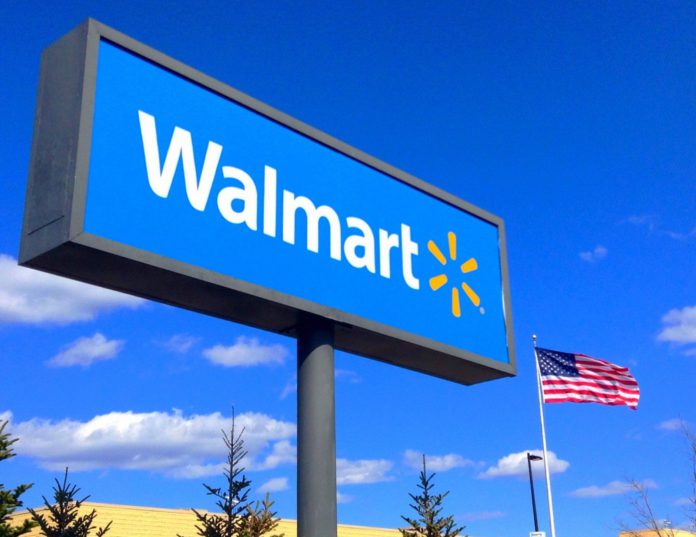
The world’s largest retailer can finally close the book on its closely-watched Foreign Corrupt Practices Act case.
Walmart will pay $282 million to settle allegations brought by the federal government under the FCPA. Announced June 20, the deal will have Walmart pay $144 million to the Securities and Exchange Commission’s charges and $138 to settle the Department of Justice’s criminal charges. The federal agencies each alleged Walmart violated the FCPA by failing to apply sufficient anti-corruption controls in its operations abroad.
Walmart’s non-prosecution agreement with the DOJ details ways the company helped, and in some instances hindered, its case throughout the federal investigation. From cooperation to remediation measures, the DOJ noted where it offered Walmart full or partial credit, which gives other multinational companies food for thought on FCPA investigation procedures.
The FCPA makes it unlawful to pay foreign government officials to seek a business advantage, such as acquiring certain permits or licenses. The DOJ and SEC each enforce the act, with the latter bringing civil enforcement actions against public companies.
Between 2000 and 2011, Walmart subsidiaries in Brazil, China, India, and Mexico paid third-party intermediaries without ensuring those transactions weren’t improper under the FCPA, according to the SEC’s cease-and-desist. Walmart’s Brazilian subsidiary indirectly paid one such intermediary to acquire licenses and permits for the company. The intermediary made payments to Brazilian government officials without ensuring those payments complied with the FCPA, according to the SEC. The Brazilian subsidiary pleaded guilty to violating the FCPA accounting standards.
The SEC also said that Walmart knew about anti-corruption risks but didn’t sufficiently investigate or mitigate them.
“The company could have avoided many of these problems, but instead Walmart repeatedly failed to take red flags seriously and delayed the implementation of appropriate internal accounting controls,” said Charles Cain, Chief of the SEC Enforcement Division’s FCPA Unit, in a press release.
Assistant Attorney General Brian Benczkowski said in a press release that Walmart prioritized profits over its obligations under the FCPA. “In numerous instances, senior Walmart employees knew of failures of its anti-corruption-related internal controls involving foreign subsidiaries, and yet Walmart failed for years to implement sufficient controls comporting with U.S. criminal laws.”
In a statement, Walmart CEO Doug MacMillon said the company was “pleased to resolve this matter.”
“We’ve enhanced our policies, procedures and systems and invested tremendous resources globally into ethics and compliance, and now have a strong global anti-corruption compliance program,” MacMillon said.
Walmart has reported it spent more than $900 million dollars in seven years on the FCPA investigations and its global compliance program. In its June 20 Form 8-K filing to the SEC, Walmart said the settlement payment would have no effect on its operations and “will not have further meaningful impact on the Company’s financial condition.” The company accrued about $283 million in its previous financial statements in anticipation of the settlement, it noted. Walmart’s fiscal year 2019 revenue was $514.4 billion.
The non-prosecution agreement underscores areas where Walmart cooperated with the government and mitigated its FCPA troubles, suggesting that the outcome would have been significantly worse for the company if not for how it responded throughout the investigation.
According to the agreement, the DOJ gave Walmart full cooperation credit in its investigations involving Brazil, China, and India. The government noted Walmart was “thorough” in its internal investigation, “proactive” in bringing relevant information to the DOJ, and facilitated interviews with foreign-based employees as well as former employees and third parties.
Walmart only received partial credit for the Mexico investigation, the DOJ said, because it didn’t timely comply with some requests the government made for documents and information. It also didn’t “deconflict” with the DOJ’s request to interview one of the witnesses before the company did in its own investigation. The DOJ often asks companies to wait to interview their own employees until after the DOJ has done so.
The company appears to have satisfied the DOJ’s cooperation credit under the so-called Yates Memo standard: By the end of the investigation, Walmart provided the DOJ “all relevant facts known to it, including information about the individuals involved in the conduct,” according to the DOJ.
Walmart missed out on voluntary disclosure credit, however.
According to the DOJ, the company didn’t timely disclose any violating conduct out of its Mexico operations. While Walmart did come forward with some information on possible violations in Brazil, China and India before the DOJ knew about them, that was after the DOJ’s Mexico investigation was already underway, according to the agreement.
The government noted measures the company had taken to improve its FCPA compliance program, including hiring ethics and compliance officers and conducting regular anti-corruption monitoring. Walmart also instituted annual anti-corruption training for directors, senior managers and employees who might interact with foreign officials.
Despite the remediation measures, the government still wanted Walmart to be independently monitored for compliance. The company agreed to hire former FBI director and federal judge Louis Freeh to oversee its compliance program for two years.
— Doug Chartier

